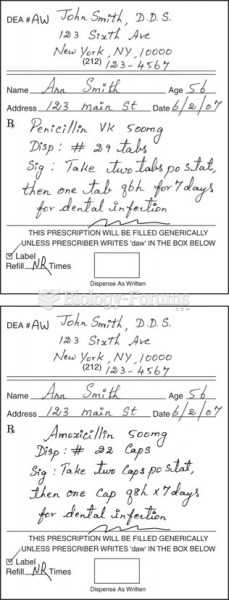- Grade 11 and 12 Mathematics (Moderator: geoffrey)
|
|
|
- Grade 11 and 12 Mathematics (Moderator: geoffrey)
In most cases, kidneys can recover from almost complete loss of function, such as in acute kidney (renal) failure.
Eating food that has been cooked with poppy seeds may cause you to fail a drug screening test, because the seeds contain enough opiate alkaloids to register as a positive.
Between 1999 and 2012, American adults with high total cholesterol decreased from 18.3% to 12.9%
Most childhood vaccines are 90–99% effective in preventing disease. Side effects are rarely serious.
Certain topical medications such as clotrimazole and betamethasone are not approved for use in children younger than 12 years of age. They must be used very cautiously, as directed by a doctor, to treat any child. Children have a much greater response to topical steroid medications.







